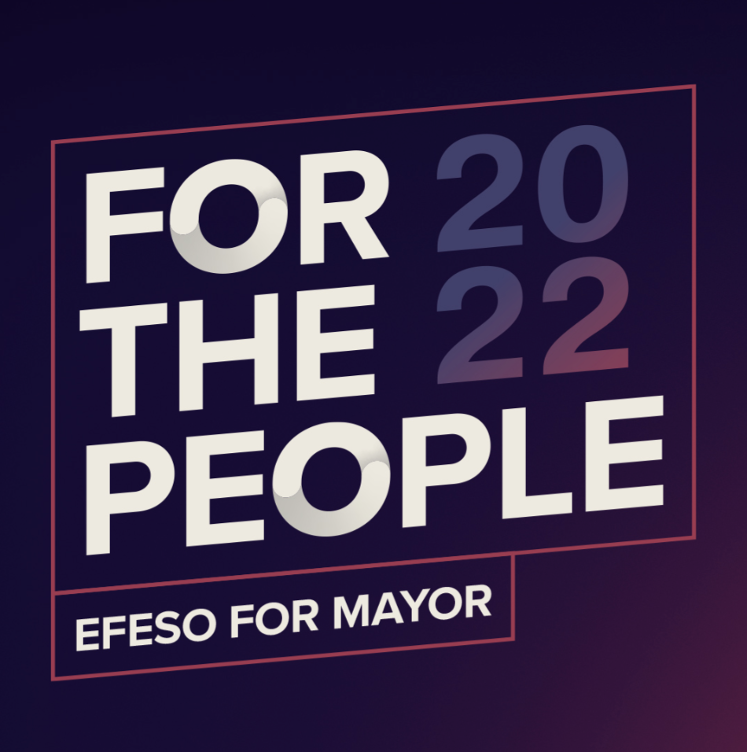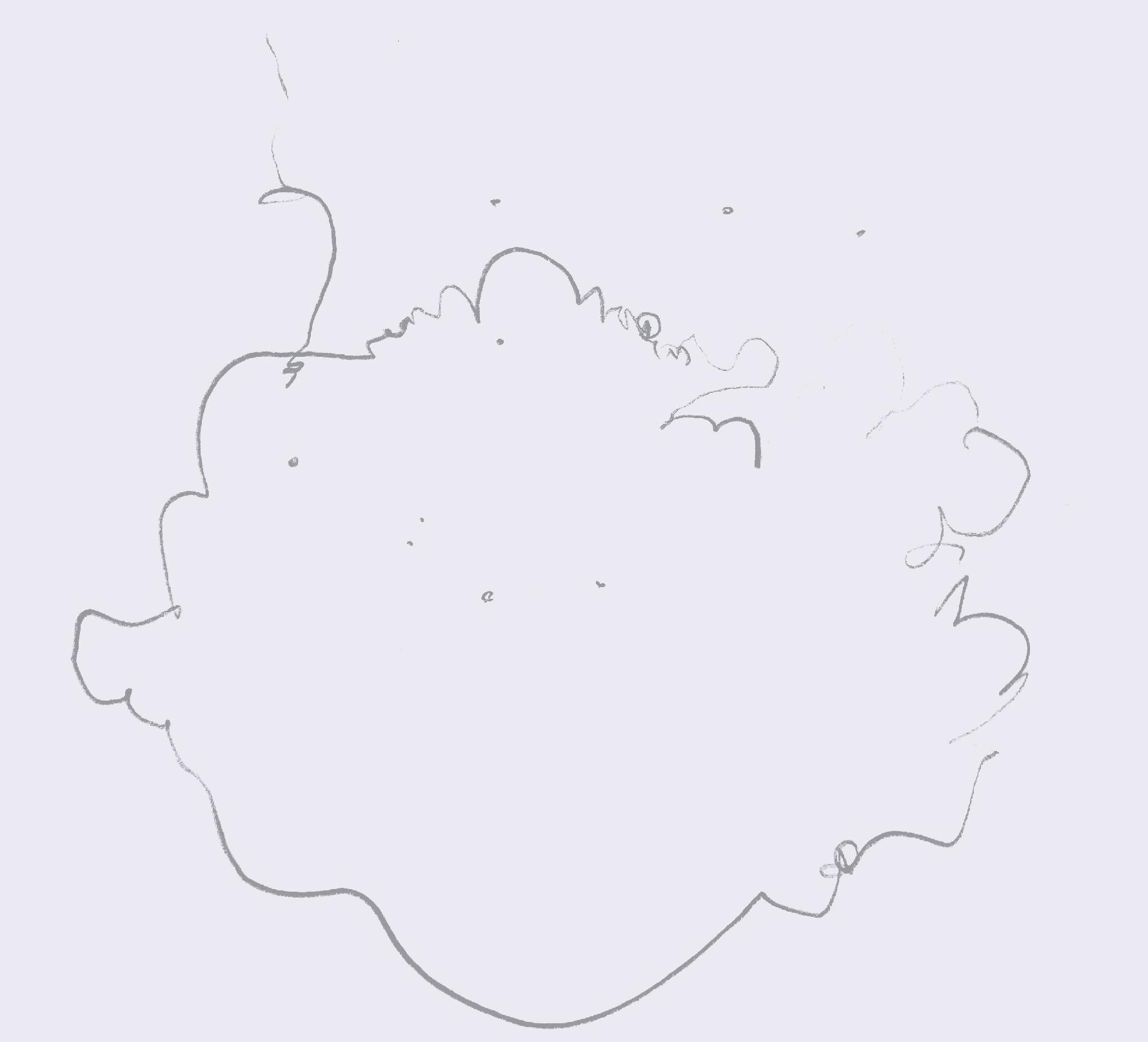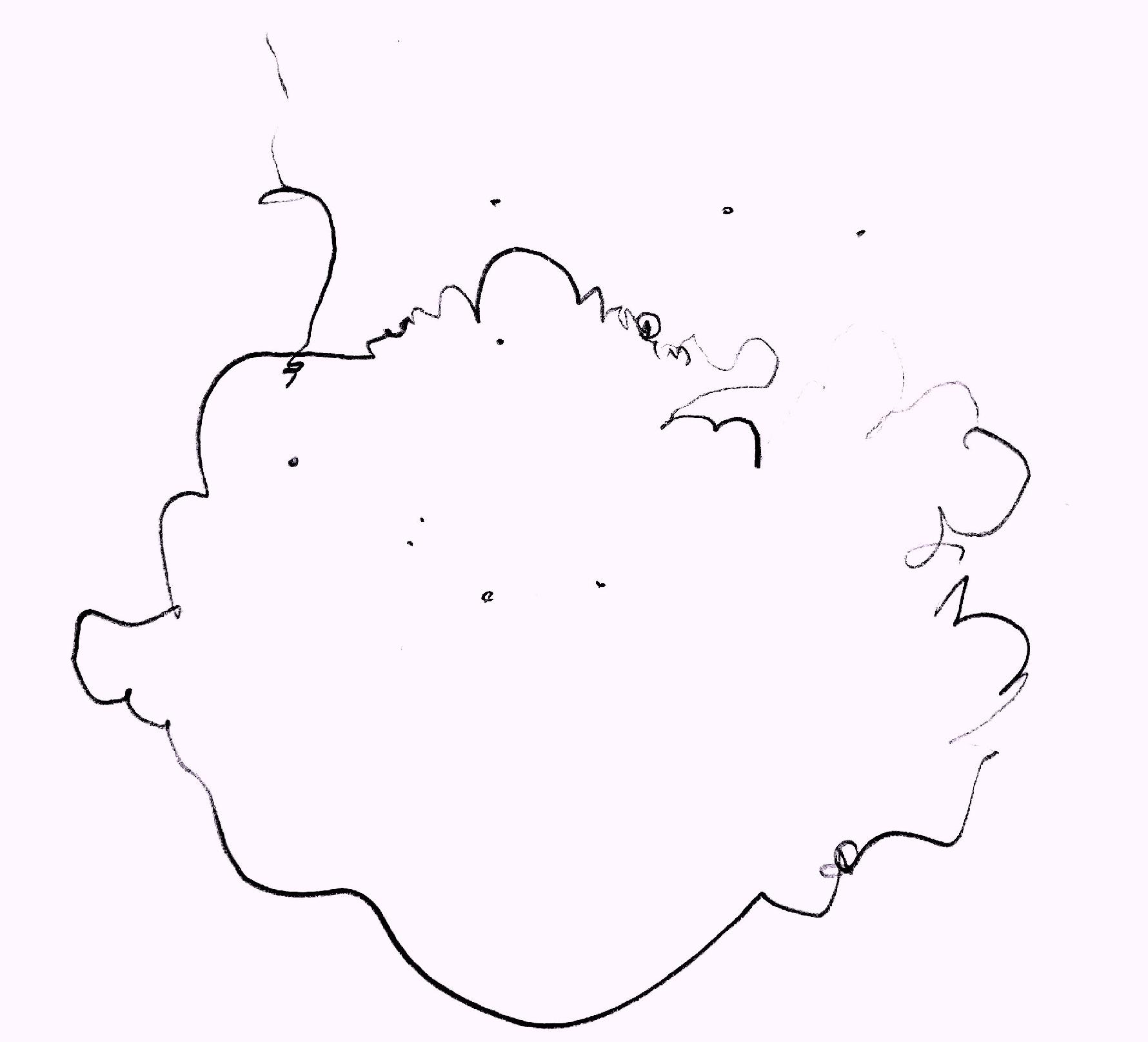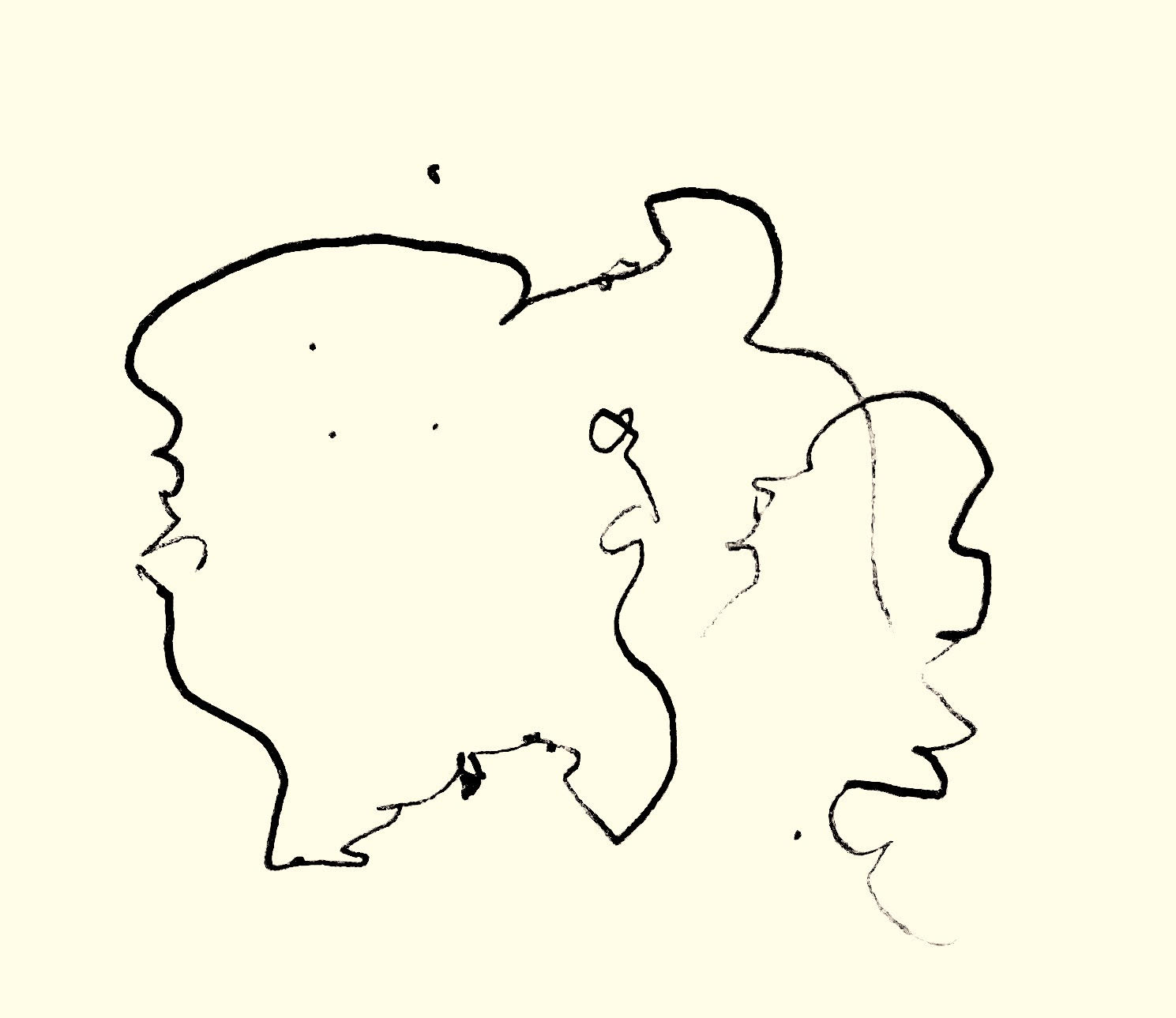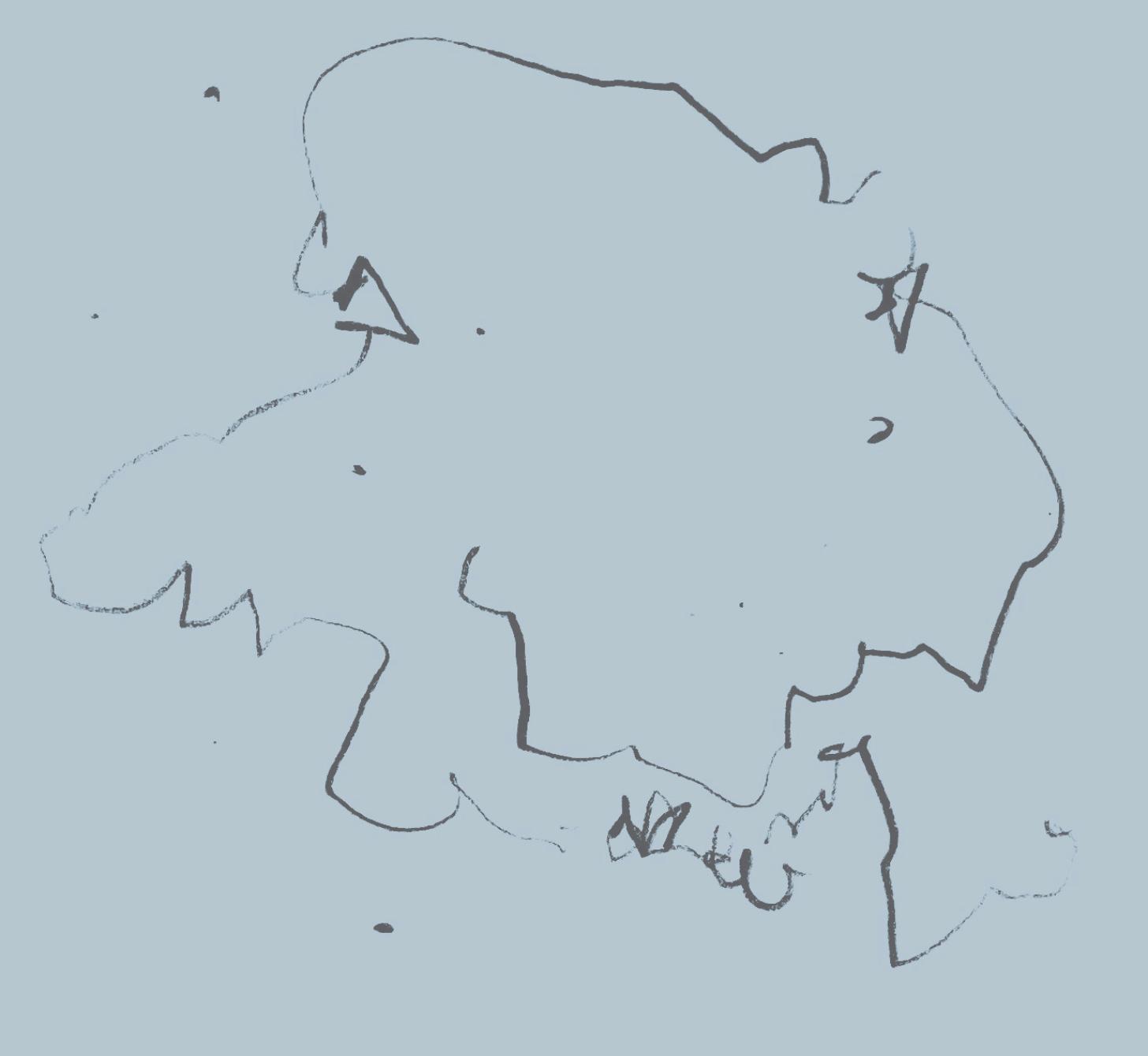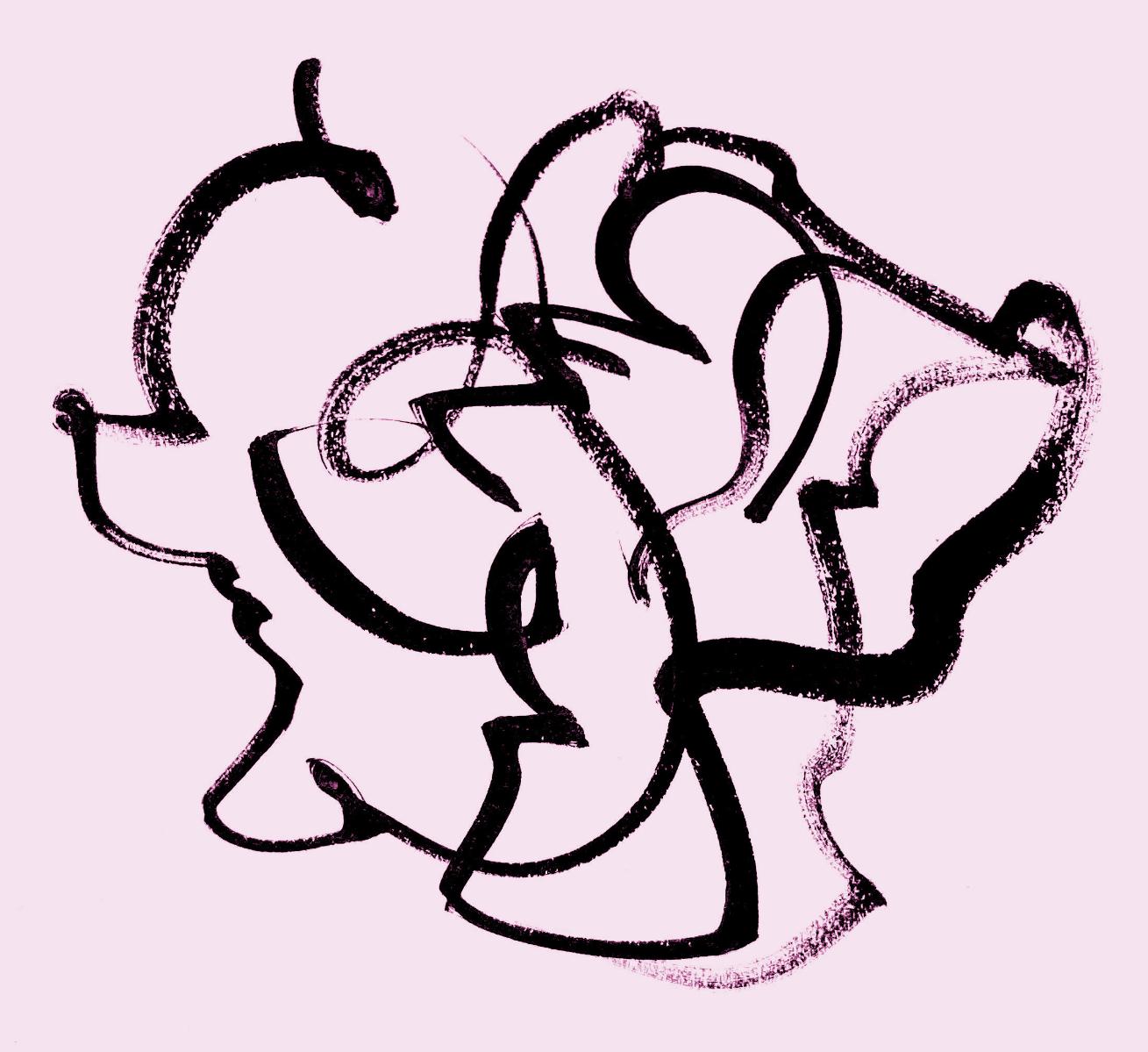When Vincent Wilson was a teenager in the late 1970s, he moved to Auckland from Samoa with his mother, sister and brother. A decade later, he was raising me between the swamp Kauri forests of Northland, and the stereo.
In the beginning, extra-terrestrials discovered planet Earth. While they were here they discovered the beauty of nature, but couldn’t adapt because they were spiritual forms. So they decided to build a machine to carry out their vision for what they saw on Earth. That machine was the human body.
The goal for us is to find those extra-terrestrials. They created us so we could trace the roots of where we come from. It’s something I can believe in. Something greater than myself that keeps me connected to myself. I am the result of these stories, and a brown nerd.
Dan has woven these words into one kete: Space Māori, Astronesians, Polyfuturists, South Pacific Futurists. This kete, we’ve decided, describes Māori who imagine, create or are receptive to ideas that play with, and sometimes even obliterate, the boundaries of technology and time.
I don't have much memory of making it (see: eclipse) but I do remember the feeling of flow that happens when you're in the zone. The more I read about futurism the more I knew this was my story too.
we journey to the places our ancestors observed the sun
to see the world as they did this part unchanged
though decades passed between their lifetimes and ours









